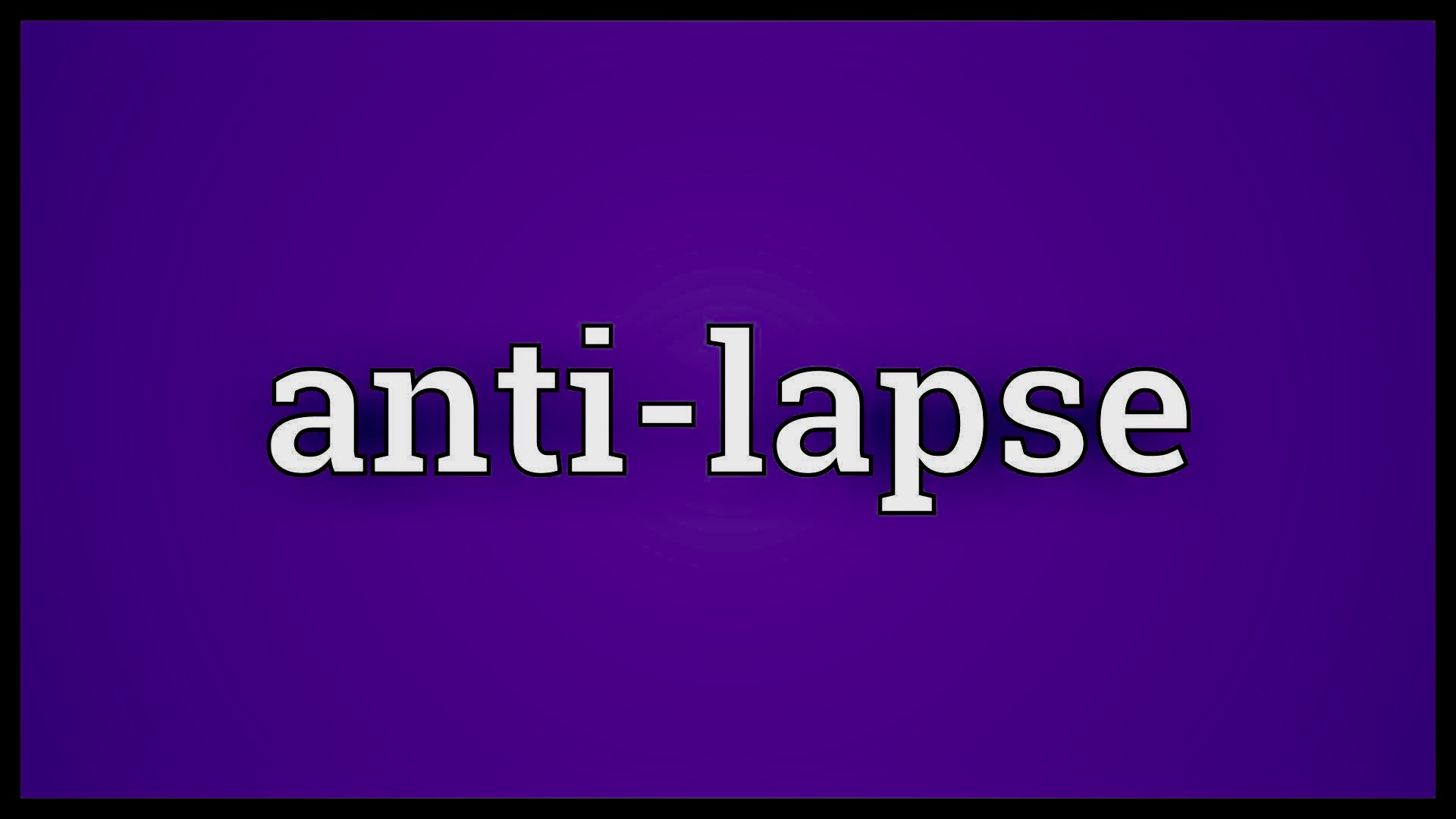Trevor Todd and Jackson Todd have over 60 years combined experience in litigation wills variation claims.
This article was originally posted on the National Post. Written by Cheryl Chan.
A wills variation claim involving four Indo-Canadian daughters was varied from $150,000 each to %60 of the estate — the two sons were slated to collect $4.2 million
Nahar and Nihal Litt were farmers from India who came to B.C. and achieved the Canadian dream, building a future for their six children and accumulating a family fortune worth $9 million.
When the couple died in 2016, their will stipulated that their four daughters — Jasbinder Grewal, Mohinder Litt-Grewal, Amarjit Litt, and Inderjit Sidhu — receive $150,000 each, collectively less than seven per cent of the estate, while sons Terry Litt and Kasar Litt receive 93 per cent, or $4.2 million each.
Last week, the will was overturned in B.C. Supreme Court, a case that is notable because of the glaring disparity between the amounts given to the daughters compared to sons, and the overall value of the estate, said Trevor Todd, the plaintiffs’ lawyer.
Nahar and Nihal Litt were farmers from India who came to B.C. and achieved the Canadian dream, building a future for their six children and accumulating a family fortune worth $9 million.
When the couple died in 2016, their will stipulated that their four daughters — Jasbinder Grewal, Mohinder Litt-Grewal, Amarjit Litt, and Inderjit Sidhu — receive $150,000 each, collectively less than seven per cent of the estate, while sons Terry Litt and Kasar Litt receive 93 per cent, or $4.2 million each.
Last week, the will was overturned in B.C. Supreme Court, a case that is notable because of the glaring disparity between the amounts given to the daughters compared to sons, and the overall value of the estate, said Trevor Todd, the plaintiffs’ lawyer.
“All of my sisters and I are happy with the judge’s findings,” said Amar Litt.
She and her sisters challenged the will on the grounds they were discriminated against based on their parents’ traditional Indo-Canadian values that favoured sons over daughters — a belief they argued falls short of the moral standards of Canadian society.
The Litts arrived in B.C. in 1964. At the time, the children ranged in age from three to 14.
Father Nahar worked at a sawmill. The family eventually purchased residential properties and farmland in Vancouver, Richmond and Abbotsford. At the time of the Litts’ deaths, the bulk of their estate came from two properties, the family house in Vancouver and a 73-acre property in Richmond.
The Litt family farm on Cambie Road in Richmond. The property has since been sold. (Submitted photo: Amar Litt) PNG
Throughout their childhood, the sisters felt they were considered less valuable, especially by their mother, because of their gender, court heard during the 15-day trial.
“The sting and the hurt of those memories were apparent as they gave their evidence at trial,” noted Justice Elaine Adair in her reasons for judgment.
“Most of our lives we had not been treated fairly,” said Amar Litt. “My brothers received all the praise because they were boys. We had to fight a lot harder.”
The sons also received “significantly more” gifts and benefits during their parents’ lifetimes than any of the sisters, said the judgement.
All the siblings worked on the farm, but the girls testified they were also responsible for household chores.
With the exception of one brother, the unmarried children were expected to plow their wages back to the farming operations. The exception was Kasar Litt, whose wage was held back even after he was married.
One sister, Inderjit, was working outside the farm, but was expected to make her employment income available to the family business, said the judgment.
The daughters argued their work and wage sacrifice were the “backbone of the farm operations,” it said.
“Throughout our childhood, teen years, and young adult lives, we worked on that farm alongside our brothers,” said Amar Litt. “We helped build our parents’ estate.”
When the elder Litts’ health deteriorated, it was the daughters, particularly the two older sisters, who took care of their parents.
Learning the contents of the will was disheartening, said Amar Litt. “We were anticipating that my parents would recognize us at this point, but it ended up we weren’t. It was very difficult and emotionally painful.”
Their brother Terry, who was executor of the will, testified that between 2006 and 2012, he tried to convince his parents to change the will. His father was open to the idea, but his mother was not.
Both brothers agreed their parents failed to meet their “moral obligations” to their daughters, but the parties could not agree on how the estate was to be divided, despite mediation.
The judge ruled an increase to the daughters’ share was warranted based on factors including the gifts and benefits the sons had received, the influence of outdated cultural values on the parents, and the daughters’ contribution to their parents’ care.
Adair ruled that the daughters be granted $1.35 million and the sons $1.8 million each.
“The judge had to take into consideration what the will said,” said Litt. “We are still able to honour our parents wishes that the sons get more, but there’s more fairness now.”
The B.C. Wills Variation Act allows judges to change a will to make sure it is “adequate, just and equitable” to the testator’s spouse and children.
B.C. is the only province in Canada to have this legislation, adopting it from New Zealand in 1920.
It can be a controversial legislation, said Todd, but argues it doesn’t mean British Columbians don’t have a say in what happens to their assets upon death. Parents can still disinherit a child, for example, but there has to be valid and rational reasons for doing so.
Todd said that over the course of his 45-year practice, he has had met many Indo-Canadian women consult with him over wills they believe to be unfair. But none proceeded with a claim.
“The social pressures, family pressures, and pressure from their community at large prevented some of them from going ahead,” he said.
Contesting her parents’ will was not easy, said Amar Litt, especially for her two older sisters.
“We did it because it was the right thing to do,” she said, adding she hopes their case will “inspire other women in the same situation to stand up for themselves.”







